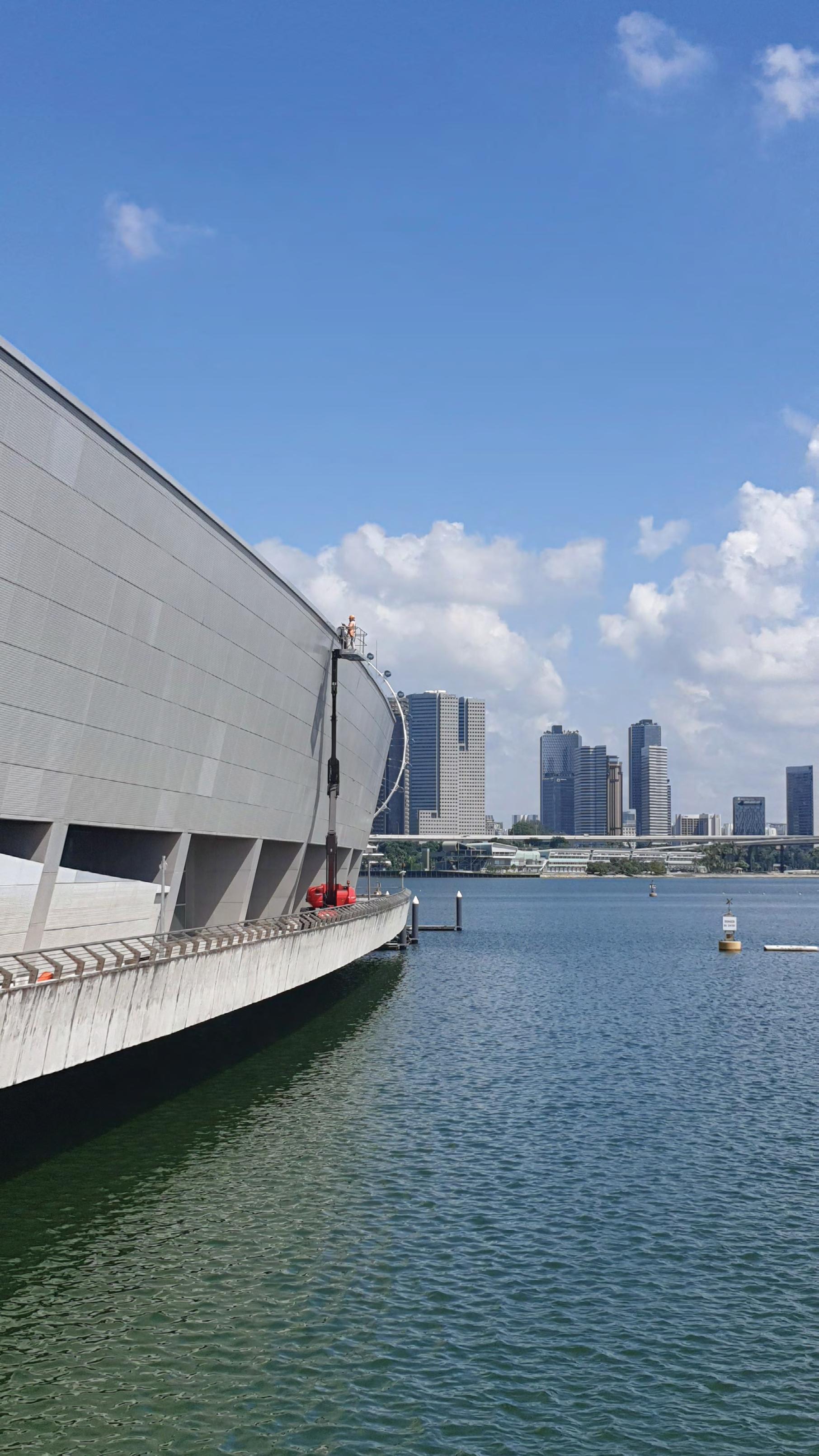CONSTRUCTION LAW
THE IMPACT OF COVID-19 ON
CONSTRUCTION COMPANIES AND THE COVID-19 (TEMPORARY MEASURES) ACT 2020 by Jimmy Yap, Accredited Adjudicator (Partner) and Daphne Tan (Associate), CNPLaw LLP, Singapore The COVID-19 pandemic has had an enormous impact on various industries worldwide. Whilst generally well-managed, the tightened safe distancing measures in Singapore have obviously affected the work flow and cash flow of construction companies here, regardless of size. Passed by Parliament swiftly, the COVID-19 (Temporary Measures) Act 2020 (“Act”) aims to provide temporary relief to companies and business-owners who now find themselves suffering cash flow issues where those issues have been caused in a material part by the pandemic. We outline here the various reliefs available to those in the construction industry for general information and briefly explore the other likely legal issues that construction companies will face in the coming months. The statutory moratorium Part 2 of the Act enables contractors to avail themselves of a statutory moratorium once they have served a notification for relief. A moratorium is a restriction against a party commencing or continuing legal action against you - meaning, suing or continuing to sue you in court or through arbitration. The moratorium is statutory because it is prescribed by the law and cannot be “contracted” out of. You will be able to serve a notification for relief if the matter, for which you are being sued or being threatened with legal action, relates to your inability to perform a contractual obligation. The contractual obligation must relate to a contract entered into before 25 March 2020, and your inability must, to a material extent, have been caused by a COVID-19 event. A COVID-19 event includes the passing of any law which would operate to prevent you from carrying out your obligations or which prohibits or prevents your company from continuing work on the construction project. A notification for relief can be challenged by the party being served with the notification (meaning, the party suing or threatening to sue) by a quick process known as an “assessment”. The Minister for Law has appointed a panel of assessors, and once an application for an assessor’s determination has been filed, an assessor will be appointed to determine whether the notification for relief is valid. If the assessor determines that the notification for relief is not valid (for example, because the notifier’s inability to perform their contractual obligation was not due, in material part, to a COVID-19 event), the statutory moratorium will not prevent the applicant from suing or continuing to sue the notifier. Part 2 also prohibits the making of immediate calls on a performance bond, and prevents liquidated damages from being imposed from 1 February 2020 to the expiry 24
THE SINGAPORE ENGINEER May 2020
of the prescribed period. The Minister for Law has ordered that the prescribed period be a period of 6 months commencing on 20 April 2020. This period may be shortened or extended more than once by the Minister, by notification in the Government Gazette.
Adjudication Applications under the SOP Act It is important to note that the Act does not prohibit the filing of adjudication applications under the Building and Construction Industry Security of Payment Act (“SOP Act”). Parties can continue to file adjudication applications under the SOP Act as such applications do not fall within the matters prohibited by the statutory moratorium. However, it should be noted that whilst you may indeed be able to obtain a favourable adjudication determination which entitles you to payment from the respondent, you will not be able to proceed to enforce that determination as of right if the respondent is unable to pay you. In other words, you may not be entitled to obtain the court’s leave to enforce the determination as a judgment debt. This is because whilst the filing and hearing of an adjudication application does not fall within the actions prohibited by the moratorium, the enforcement of an adjudication determination does. Hence, the respondent may be able to avail of the statutory moratorium discussed above, should you attempt to enforce the determination. Therefore, if as a claimant, you are aware that the respondent is suffering cash flow issues due to a COVID-19 event, you may wish to reconsider filing an adjudication application; as although you may be able to obtain a favourable determination, you may not be able to compel the respondent to pay you timeously.
Salaries due to employees and cost-cutting measures An important exception to the Act is that it does not relieve any company or any business-owner of the obli-








